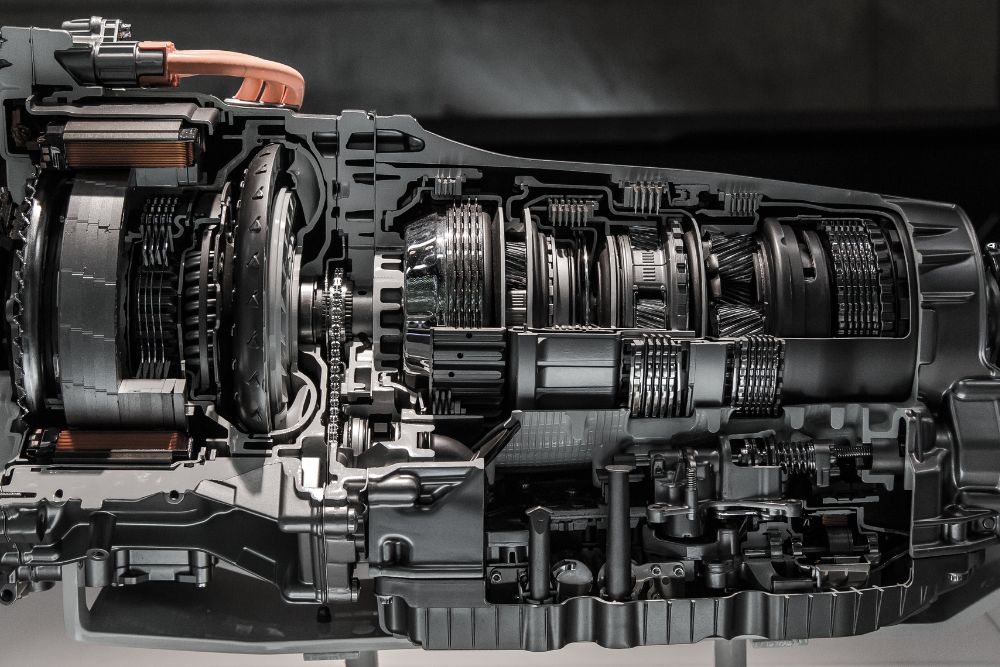In the world of auto repairs, transmission issues can be some of the most daunting and expensive problems to deal with. Your vehicle’s transmission is a critical component that keeps your car running smoothly, so it’s essential to address any transmission repairs or replacements promptly. In this comprehensive guide, we will walk you through everything you need to know about transmission repairs and replacement.
Signs Your Transmission Needs Repair
Before diving into the details of transmission repairs and replacement, let’s first discuss the common signs that indicate your vehicle’s transmission may be in trouble. Pay attention to the following warning signs:
- Strange Noises: If you hear unusual grinding, whining, or clunking noises when shifting gears, it could be a sign of transmission issues.
- Slipping Gears: If your vehicle struggles to stay in gear or shifts gears unexpectedly while driving, it’s a clear indication of transmission problems.
- Burning Smell: A burning odor coming from your vehicle could be a sign of overheating transmission fluid, which needs immediate attention.
- Fluid Leaks: Transmission fluid leaks are a serious issue and should be addressed promptly to prevent further damage to the transmission.
- Dashboard Warning Lights: If the “Check Engine” light or the transmission warning light illuminates on your dashboard, it’s time to get your transmission checked by a professional.
Transmission Repair vs. Replacement
When faced with transmission issues, the decision between repair and replacement can be challenging. Here’s a breakdown of when you should opt for transmission repair and when a replacement may be necessary:
Transmission Repair
- Minor Issues: If the problem is a minor one, such as a faulty solenoid or a leaky gasket, a repair may suffice.
- Cost-Effective: In some cases, transmission repairs can be a more budget-friendly option compared to a full replacement.
- Routine Maintenance: Regular transmission fluid changes and servicing can prevent major issues and extend the lifespan of your transmission.
Transmission Replacement
- Extensive Damage: If your transmission has suffered significant damage or has surpassed its lifespan, a replacement may be the only viable solution.
- Cost Consideration: While transmission replacement can be costly, investing in a new transmission can save you money in the long run by avoiding recurring repair costs.
- Professional Assessment: A qualified mechanic can assess the extent of the damage and recommend whether a repair or replacement is the best course of action.
Choosing the Right Auto Repair Shop
When it comes to transmission repairs or replacement, finding the right auto repair shop is crucial. Here are some tips for selecting a reliable and reputable repair shop:
- Experience and Expertise: Look for a repair shop with experienced technicians who specialize in transmission repairs and replacements.
- Reviews and Recommendations: Check online reviews and ask for recommendations from friends or family to find a trustworthy repair shop.
- Transparency: A reputable auto repair shop will provide you with a detailed estimate of the costs involved and keep you informed throughout the repair process.
- Warranty: Choose a repair shop that offers a warranty on their parts and labor to ensure peace of mind in case of any future issues.
Final Thoughts
Dealing with transmission repairs or replacement can be a stressful experience for any vehicle owner. By understanding the signs that indicate transmission problems, knowing when to opt for repair or replacement, and choosing the right auto repair shop, you can navigate this process with confidence. Remember, regular maintenance and timely repairs are key to keeping your vehicle’s transmission in optimal condition and ensuring a smooth driving experience.

